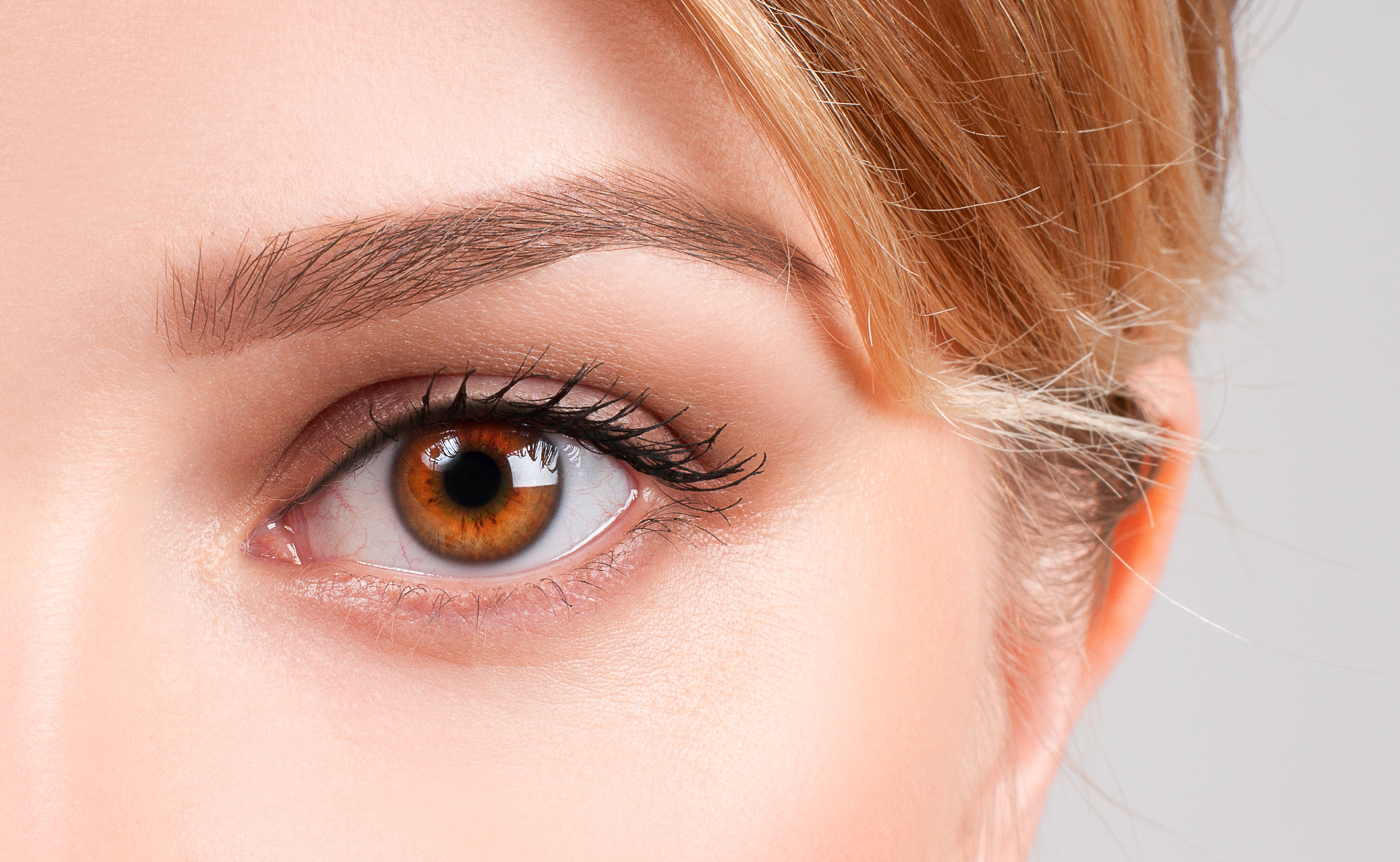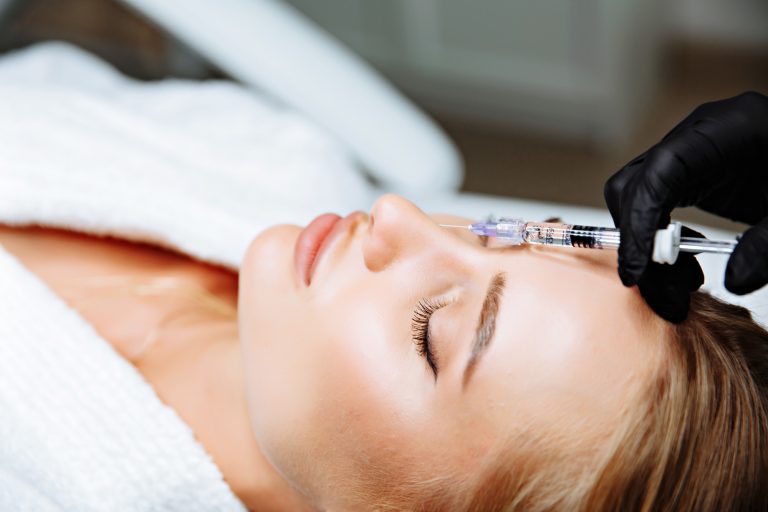How to Have Healthy Eyes for Life: Your Essential Eye Health Guide

Your eyes are under attack! 93 million American adults are at high risk for significant vision loss. Yet only half of Americans have visited eye doctors and are taking steps to keep their eyes healthy and beautiful.
If you want healthy eyes for life, you have to work hard. Thankfully, there are a few simple steps you can start following right now to improve your vision, even if you already have vision problems. Here’s what you must do to have healthy eyes every day for the rest of your life.
Table of Contents
Create an Eyelid Hygiene Routine
Eyelid hygiene cleans your eyes, massages the eyeballs, and compresses the eyelids, preventing infections and pain. You must perform eyelid hygiene throughout the day to remove debris and relieve pain, but each step takes only a few minutes at the most.
Wipe your eyelids in the morning using wipes with hyaluronic acid, a natural acid found in your eye fluids and joints. You can dab or rub the wipes over and around your eyelids, but make sure you remove any gunk or skin cells hanging to your eyelashes.
If your eyes ever feel tired or irritated, you should use an eye mask. Find one with hydrogels and natural plant extracts to soothe your skin and moisturize your eyelids. Lean your head back and shut your eyes for a few minutes so your skin can fully absorb the extracts.
At night, you should warm your eyes with a hot towel to relieve fatigue and puffiness in your eyelids. Dip a towel into warm water and lie down with the towel over your eyes.
Eat Eye-Healthy Foods
A 2020 study found that nearly 80% of eye doctors recommend that their patients consume omega-3 fatty acids to improve eyesight. Omega-3 fatty acids can reduce inflammation in your eyes and mitigate the aging process, letting you improve your eyesight gradually over time. You can find omega-3 fatty acids in seafood, walnuts, and leafy green vegetables.
Your retina needs vitamin A to turn light rays into images that your brain can interpret. Carrots, sweet potatoes, and apricots contain high amounts of it, so eat as much of them as you can. Avoid cooking your fruits and vegetables, as high heat can diminish vitamin A.
Vitamin C is also important, as it protects your eyes from free radicals that can kill cells in your eyes. Citrus fruits, bell peppers, and tomatoes have substantial amounts of vitamin C.
Be Careful With Screen Time
Your eyes can get strained from looking at a screen too long because you blink less often when you look at a bright light. Even if you look away from the screen for a few minutes, your tear glands may not provide enough moisture to keep your eyes from drying out.
You must take breaks throughout the day to give your eyes a few moments to rest. Pick a spot 20 feet away from your computer or phone and stare at it for 20 seconds. While you’re on a break, read a book or look at paintings on a wall so you’re not looking at a bright device.
Moisturize your eyes using artificial tears and eye drops. Pull your eyelids apart gently so the drops land on your eyeballs and not your eyelids.
Balance the brightness of your screen with the lighting in your room. Staring at a bright screen in a dark room can strain your eyes. Turn on an overhead light and a desk lamp and open the curtains to let in natural light.
Visit an Eye Doctor
You should visit an eye doctor at least once a year, even if your eye health is fine. If you experience an eye injury or significant pain, go to your doctor immediately.
Get advice from your doctor on how you can care for your eyes. You may need to start wearing contact lenses or eyeglasses; determine what prescription you need and buy them as soon as possible.
You should also get vision tests at your personal physician’s office. If you have blurry vision or difficulty seeing objects far away, you should schedule an appointment with your eye doctor afterward.
Take Care of Your Corneas
All parts of your eyes are important, but your corneas may be the most important part. The corneas are at the front of your eyes and refract light, allowing you to focus on objects. They can get damaged if something hits your eyes or if you develop diabetes or a degenerative disease.
UV rays can be destructive to your corneas. Wear UV-protective sunglasses whenever you go outside. You can also wear a hat with a brim that casts shade over your eyes, reducing UV damage.
Talk to your doctor about eye health professionals who specialize in corneas. You can discover cornea care here or by reading reviews of cornea doctors online.
An eye care specialist can help you with a damaged or cloudy cornea. You can receive a donation or have laser eye surgery to fix problems. Talk to your eye doctor about exercises you can use to heal and soothe your corneas.
Work Hard to Get Healthy Eyes for Life
Healthy eyes for life are in your hands. Start an eye care routine today that includes washing and moisturizing your eyelids. Add foods rich in eye-healthy vitamins and antioxidants to your diet and avoid spiking your blood sugar.
Rest your eyes when you’re working on your computer. If your eyes feel dry or painful regularly, visit an eye doctor. Prioritize your corneas and protect them from sunlight by wearing sunglasses.
You need all the information you can get to take complete control of your eye health. Read comprehensive eye health guides by following our in-depth coverage.






